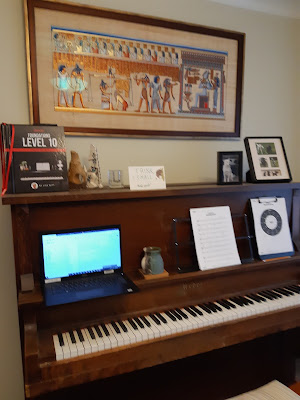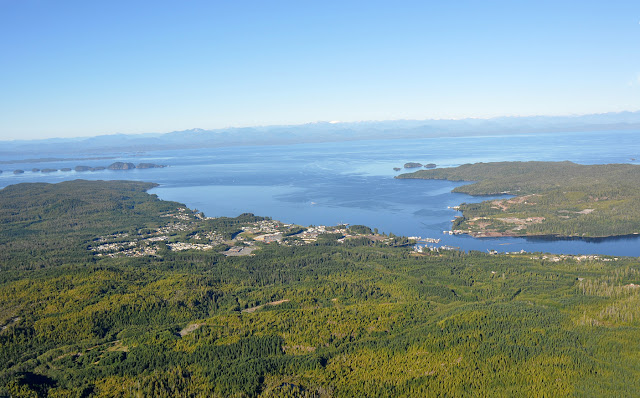reflections on a year of piano lessons by a dedicated (and untalented) student

The covid lockdown began on March 17, 2020. On March 20, I began piano lessons. I took piano lessons from age 6-10, before switching to violin (a mistake), then quitting. I later resumed piano lessons as a teenager -- a very positive experience that ended when I left home for university. It was always assumed that I would one day inherit our family piano. That didn't turn out as planned, but that magnificent heirloom has stayed in the family, and in a wonderfully random way, I ended up with a piano anyway. I told this story here: why it is interesting and significant that i own a piano . As soon as that happened, I decided that I would find a way to take piano lessons again. The pandemic presented me with the perfect opportunity. I did some research, and easily identified Pianote as my method of choice: in which i begin re-learning how to play piano -- using pianote.com . And now I've been learning piano for one year! So... some thoughts. Pianote has exceeded my expectations

